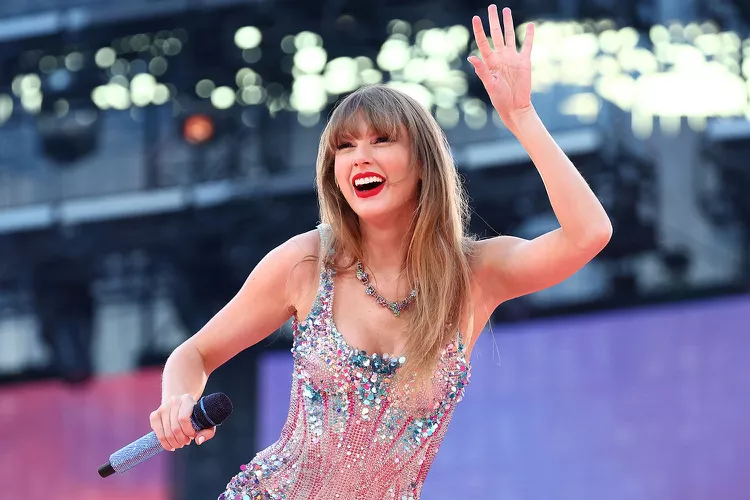Madonna, the Queen of Pop, is now facing legal repercussions as fans from her recent Celebration tour file a class-action lawsuit, alleging contractual breaches, false advertising, and negligent misrepresentation due to concerts starting over two hours later than the advertised time of 8:30 p.m. The delay not only left fans disgruntled but also incurred additional transportation costs and hindered their ability to fulfill work and family obligations the next day.
The legal symphony against Madonna is orchestrated around several key allegations, with fans asserting that the delay caused more than a mere inconvenience. Attendees at the delayed concerts experienced dissonant outcomes, with some choosing early exits, missing the highly anticipated performance. Others found themselves stranded, paying a premium for last-minute transportation. A few dedicated fans sacrificed sleep or missed work and school the next day, expressing their disappointment and financial loss on social media platforms.
As fans march into the legal arena, seeking justice against Madonna, Live Nation, and Barclays Center, their legal harmonies echo past cases involving artists like Kanye West and Justin Bieber who faced similar legal repercussions for disrupting the rhythm of their performances.
Madonna’s response, characterized by an unapologetic stance on social media and on-stage banter, includes statements such as “A queen is never late” and a tongue-in-cheek apology attributing her tardiness to the fans. Despite this, the disappointed fans demand more than apologies; they seek class-action status and compensation for actual and consequential damages, adding a financial dimension to their emotional dissatisfaction.
The complex dynamics of delayed starts are explored, noting that while delays for big-name artists are somewhat expected due to logistical complexities, not all artists share the same reputation for punctuality. A comparison is drawn with artists like Taylor Swift, Adele, and Ed Sheeran, who are hailed for their timeliness and respect for their fans’ time.
The legal process for compensating fans depends on whether the event was canceled or rescheduled, and fans are encouraged to explore their rights and communicate with event organizers or ticket vendors. In Madonna’s case, the responsibility for delayed starts extends beyond the artist to the event management, adding complexity to the unfolding legal saga.
As the curtain rises on this legal drama, the lawsuit against Madonna is poised to test the rhythm of justice in the entertainment world. The outcome will likely shape industry standards and expectations regarding concert delays, reinforcing the delicate balance between artistic expression and the obligations owed to fans.




